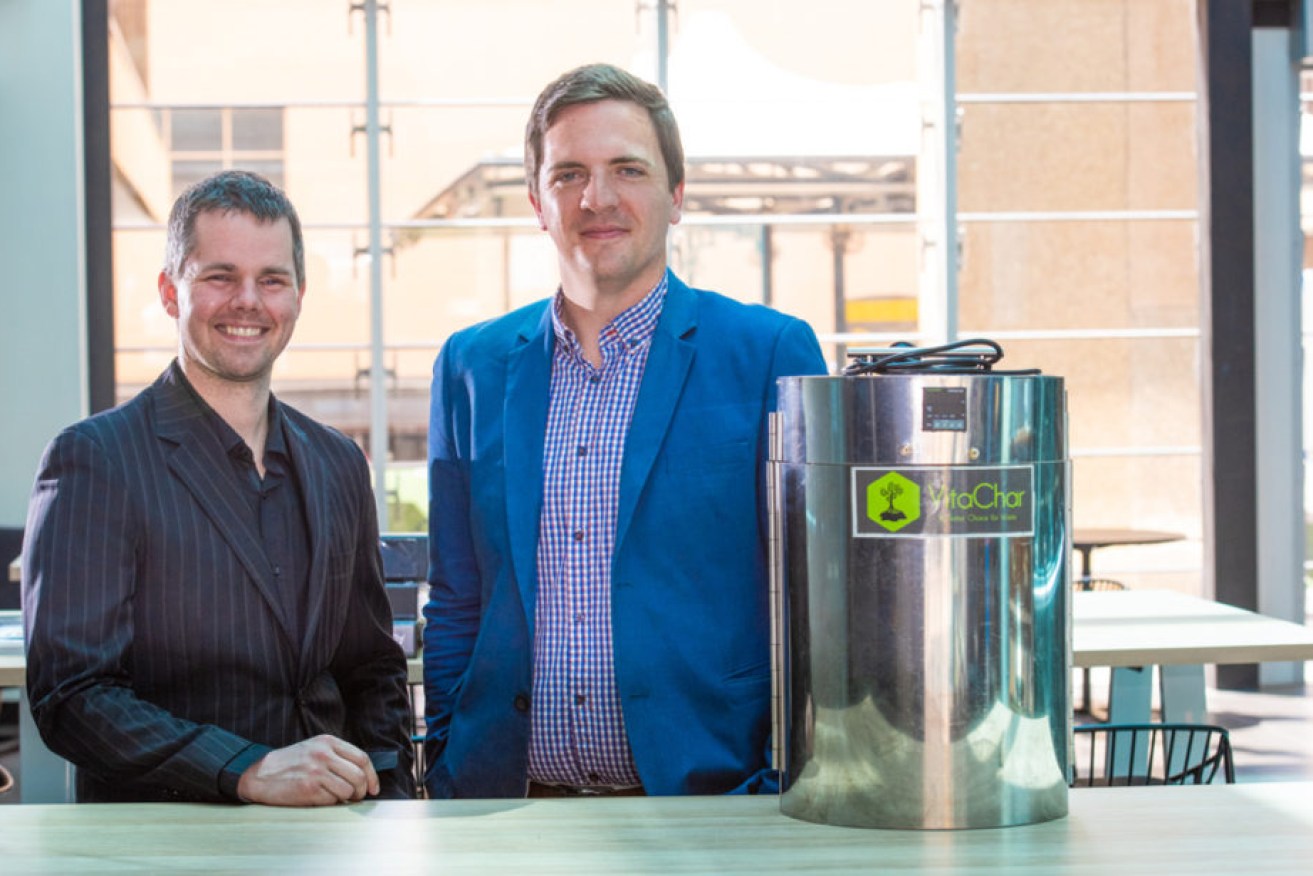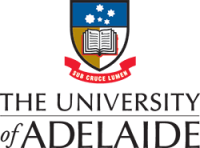SA startup making activated charcoal cheaper and cleaner
Humanity is facing a global waste problem, with polluted air, contaminated water, and poison seeping into the soil. Even the most common process for removing these toxins – activated carbon adsorption – uses fossil fuels. Until now.

Bygen co-founders Ben Morton and Lewis Dunnigan
When University of Adelaide researchers developed a new, low-cost, eco-friendly method for producing activated carbon, they worked to commercialise it as quickly as possible.
Activated carbon has a global market value of approximately USD 5 billion, a figure that is estimated to reach USD 8 billion by 2025.
But this is not the only reason the research team’s spin-out company, Bygen, has been met with so much support.
Their low-temperature, energy-efficient production method also represents a unique opportunity to introduce sustainable waste management practices into the industry.
“My research passion is environmental sustainability,” said Associate Professor Philip Kwong, lead researcher on the project.
“Currently, activated carbon can’t be used for large-scale environmental clean-ups. It’s too expensive and its production creates more environmental damage.”
Bygen’s activated carbon is made using agricultural waste such as nut shells, straw and wine waste.
These by-products, which are typically left to decompose, be burned or sold as low-value animal feed, are transformed into a valuable anti-pollutant, offering the industries an environmentally-friendly waste management solution.
“I am eager to see this technology deployed in the real world,” said Kwong.
“Commercialisation is key to getting our research innovations out of the lab and benefitting communities and the environment.”
Bygen has also kickstarted multiple entrepreneurial careers.
Co-founder Dr Lewis Dunnigan is now chief executive officer and has been named in Australia’s ‘Top 50 Small Business Leaders’, while co-founder Ben Morton was Prime Super’s 2020 Agricultural Innovation Award winner.
Both Dr Lewis and Morton developed their research as PHD students at the University of Adelaide.
The University’s Innovation and Commercialisation Services division worked closely with this research team to get Bygen to where it is today, building its first commercial production plant.
“The University provided enormous support during the early stages, including seed funding through the Commercial Accelerator Scheme,” said Kwong.
This level of support comes part and parcel with the research experience at the University of Adelaide, an institution ranked in the world’s top 100 universities.
“Our focus on industry engagement is not just about extracting monetary value,” said Stephen Rodda, the University’s chief innovation and commercialisation officer.
“As you can see with Bygen, it’s about empowering our best and brightest to meet real-world challenges – in this case, across a range of industries and with profoundly positive impacts for the environment.”
Tune into the University of Adelaide’s podcast series – The Discovery Pod – to hear more from Dr Lewis and Morton, and other researchers at the forefront of innovation.
If you’re interested in partnering with the University of Adelaide, contact [email protected]





